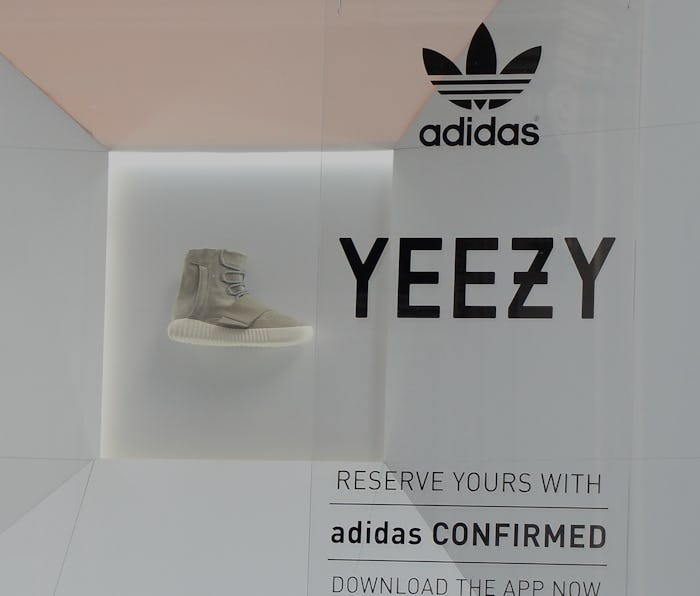Style
Streetwear’s exclusivity culture is making men buy more counterfeit products
Is your man keeping it real, or are his Travis Scott Jordans fake?

Despite the streetwear industry being dominated by men, they’re more likely to buy counterfeit goods, reports The Fashion Law. A survey conducted by intellectual property asset management firm Anaqua, which consisted of 1,000 U.S. adults, found that 51 percent of surveyed men said they would — or already have — purchase counterfeit goods versus 40 percent of women.
The findings may not be surprising to some. Whether it’s imitation crab or fake Yeezys, sometimes the fugazis are more attainable than the real deal — making them easy to love and easy to afford.
Even the rich are buying fakes — Still, Anaqua’s report states that 30 percent of respondents with annual household incomes over $100K say “they have knowingly purchased a counterfeit good more than once,” meaning some of the consumers buying bootleg brands aren’t necessarily doing so due to budget restrictions. Instead, the exclusivity of brands like Yeezy, Off-White, Supreme, and more may have sold out authentic stock, forcing consumers to turn to resale sites — where products often sell for much more than their initial price — or replica retailers.
In streetwear especially, hype revolves around owning a highly limited product; apparently even if it’s fake. And as brands gravitate toward more restrictive, less frequent drops, counterfeit products are bound to pick up in popularity.
Start ‘em young — Unsurprisingly, Anaqua also reported that younger generations are more likely to purchase fake goods than older generations, as 70 percent of Gen Z consumers and 63 percent of Millennials admitted to purchasing counterfeits. Both generations, who serve as the biggest demographic on social media apps like TikTok and Instagram, are likely influenced by the hundreds of products they see daily, while their constant media consumption encourages excessive purchasing.
This TikTok page is dedicated to reviewing fake products found on DHGate.
Young consumers also feel the need to keep up with trends, which social media is rapidly increasing. With new trends appearing every week, shoppers can’t afford to constantly be indulging, unless the products they’re buying are less authentic and hence less costly.
Overall, the exclusivity in both stock and pricing is leading more streetwear consumers — male or not — to turn to counterfeit products.